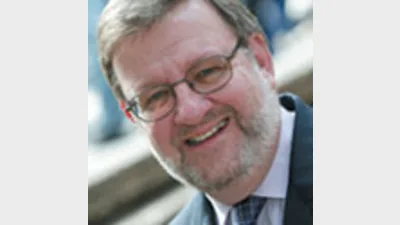Premium Investors in buy-back



|
|
Premium Investors intends to purchase approximately 8 per cent of the company’s fully paid ordinary shares on issue. Premium chairman Tom Collins said the buy-back is part of the company’s “continuing capital management plan”.
“We are committed to managing the company’s capital structure in the interests of all our shareholders. The buy-back is expected to be accretive to net tangible assets per share,” he said.
The move follows a request last month from a number of Dixon Advisory shareholders to consider amendments to the company’s constitution, as well as the removal of the current Premium board, to be replaced with Dixon Advisory staff — a result that could allow the new board to wind up the company.
“These proposals would potentially force shareholders to exit their investment while the market is coming off historic lows and would entail shareholders losing franking credits and other tax benefits,” Collins said.
Collins reiterated the board’s initial response to the proposals, saying that they do not support them and do not believe the proposals are in the best interests of shareholders. The Premium board is set to announce its full response to Dixon Advisory’s proposals later this week.
The on-market share buy-back is effective from July 21, 2009, until September 18, 2009, or until approximately 8 per cent of the full paid ordinary shares have been acquired.
Recommended for you
The ongoing adviser shortage is a key driver behind advisers’ increased use of ETFs and managed accounts, according to an industry expert, fuelled by the need for cost and efficiency savings.
A business consultant believes there is a proven correlation between advice businesses that develop and commit to a clear business plan and those that see higher profit outcomes, but only when done correctly.
Advice technology solution intelliflo has launched an integration with fintech firm FAYBL to introduce AI capabilities across the intelliflo office offering to boost efficiency.
ASIC’s court case with Interprac is causing advisers to explore the possibility of self-licensing, according to My Dealer Services, as they observe the reputational damage it can bring to a practice.










